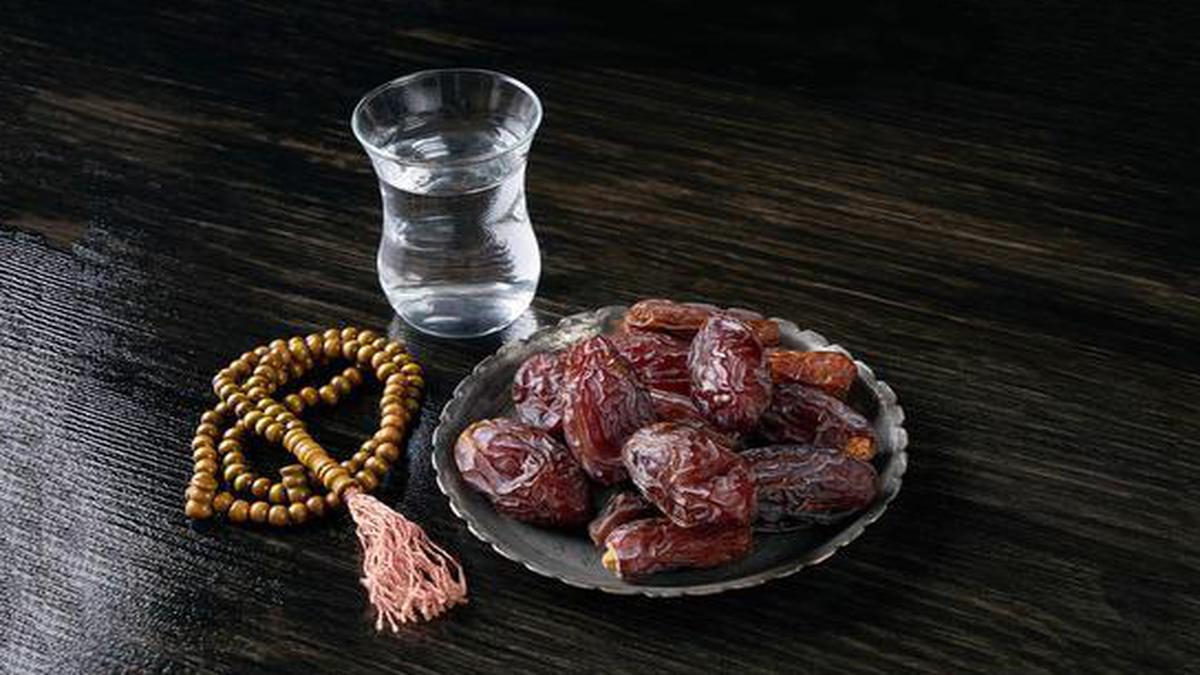As Muslims across the world observe Ramzan, fasting becomes a big part of their daily life. But there’s one small fruit that always shows up on the table — the date. This sweet and soft fruit is not only healthy but also holds deep meaning in the holy month of Ramzan.
Breaking Fast with Dates
During Ramzan, Muslims fast from sunrise to sunset. When the sun sets, they break their fast with a meal called Iftar. But before eating the main meal, the fast is usually broken with dates and water. This comes from a tradition of Prophet Mohammed, who is believed to have broken his fast with three dates and water. Since cooking with fire was seen as linked to anger, raw foods like dates became the first choice to break the fast.
Why Dates Are Important
Dates are packed with good things like natural sugar, fiber, potassium, magnesium, and carbohydrates. After a long day without food or water, dates quickly give energy and help fight tiredness and low sugar levels. Unlike heavy or fried foods, dates fill the stomach without making people feel too full or uncomfortable. Magnesium in dates also helps the body handle calcium and vitamins better.
Where Dates Come From
Today, more than 50 types of dates are grown around the world, especially in Iran, Tunisia, Turkey, and California. In India, which imports the most dates globally, they are also grown in Gujarat, Rajasthan, and Punjab. These areas have the hot and dry weather that dates need. Popular types include Medjool, Khalas, Barhee, Khuneji, and Sagai.
Dates in Islamic Culture
Dates are more than just healthy — they are special in Islamic culture. The Qur’an mentions the date palm 22 times. The fruit is called by many names: tamr in Arabic, khajur in Urdu, hurmah in Turkish, and buah kurma in Indonesian. In the Middle East, dates have been part of daily life for thousands of years.
In Oman, every part of the date palm is useful. The leaves make fences and baskets, and the trunks are used for building. Saudi Arabia grows about 300 kinds of dates, but Ajwah dates are believed to be the most important. It is said that Prophet Mohammed called Ajwah dates “a fruit from Paradise.”
How Different Countries Enjoy Dates
Author Anissa Helou found that Muslims around the world break their fasts with dates, but in different ways. In Kuwait, people dip dates in tahini (sesame paste). In Qatar, they enjoy dates with fresh curd called yigit.
Dates are also used in many dishes. Some are stuffed with cheese, nuts, tahini, or marzipan. In Morocco, lamb stew (tagine) is often topped with Medjool dates for a sweet taste. Dates also appear in desserts like kheer, phirni, sheermal, and maamoul, which are Arab cookies filled with dates and nuts.
#Ramzan #Dates #RamzanTraditions #Iftar #HealthyEats #IslamicCulture #FastingFoods #DatesForIftar #MiddleEasternFood
